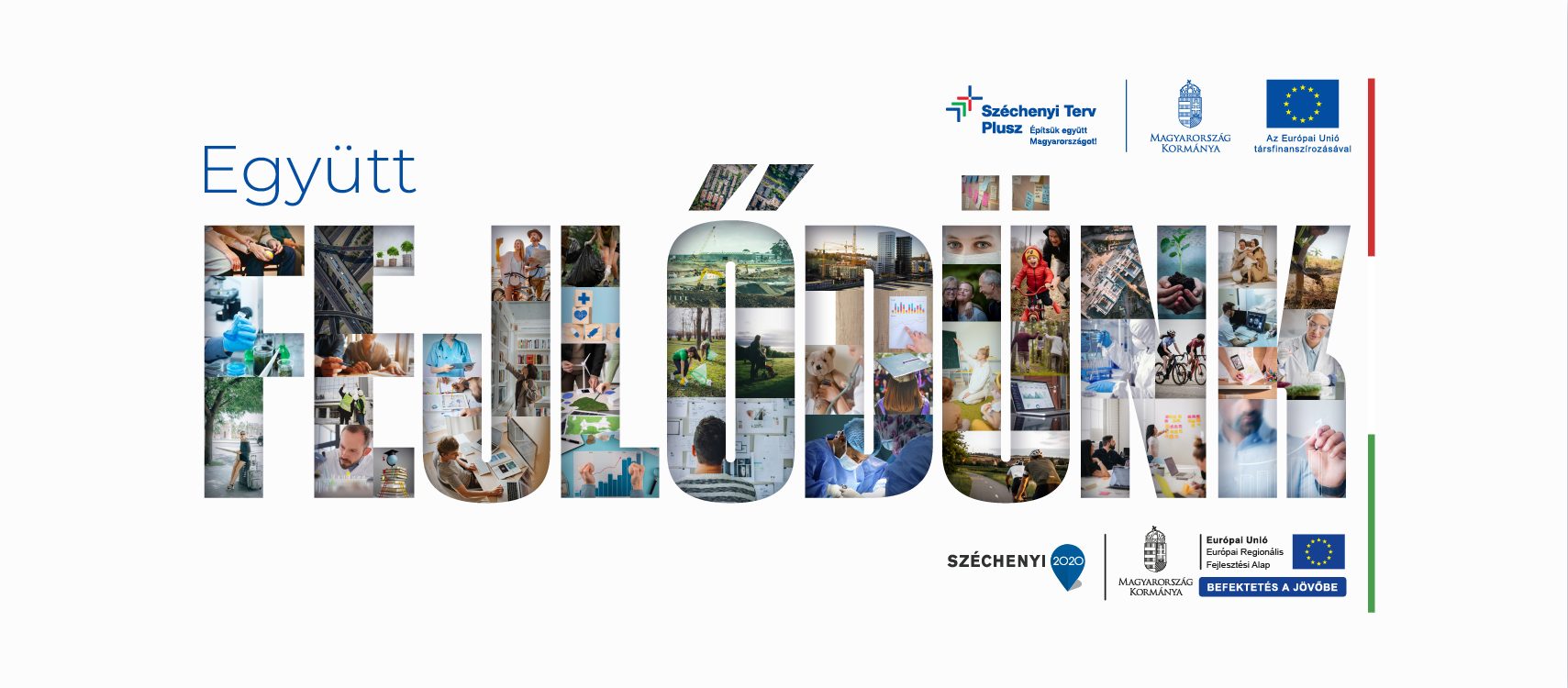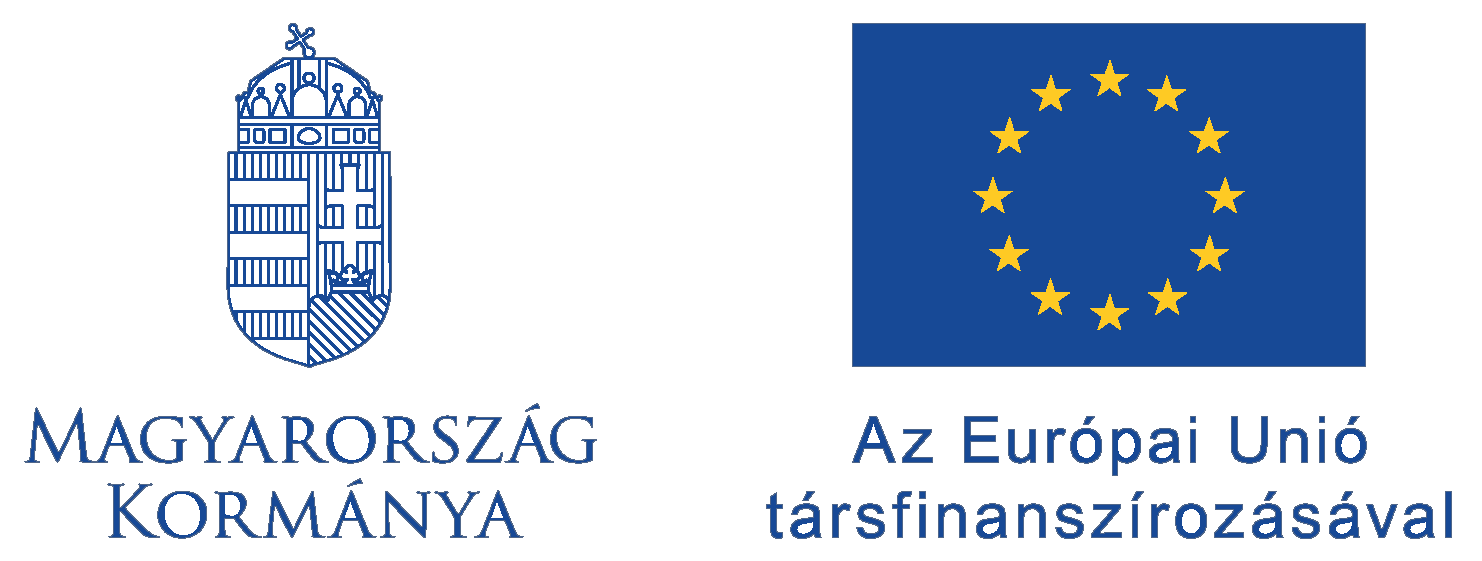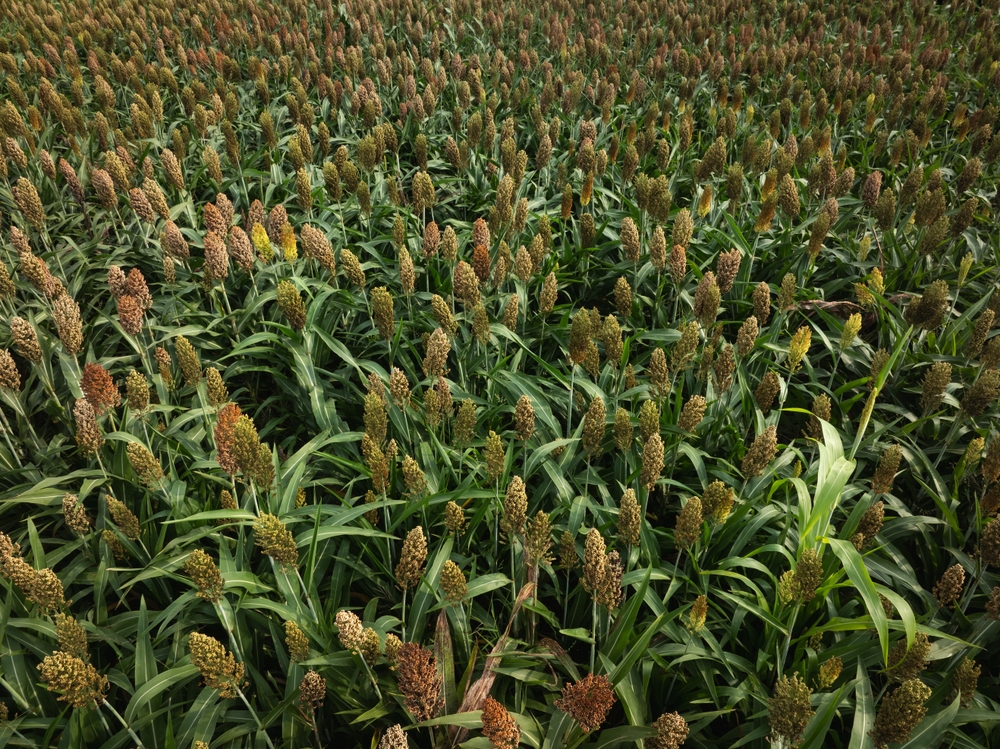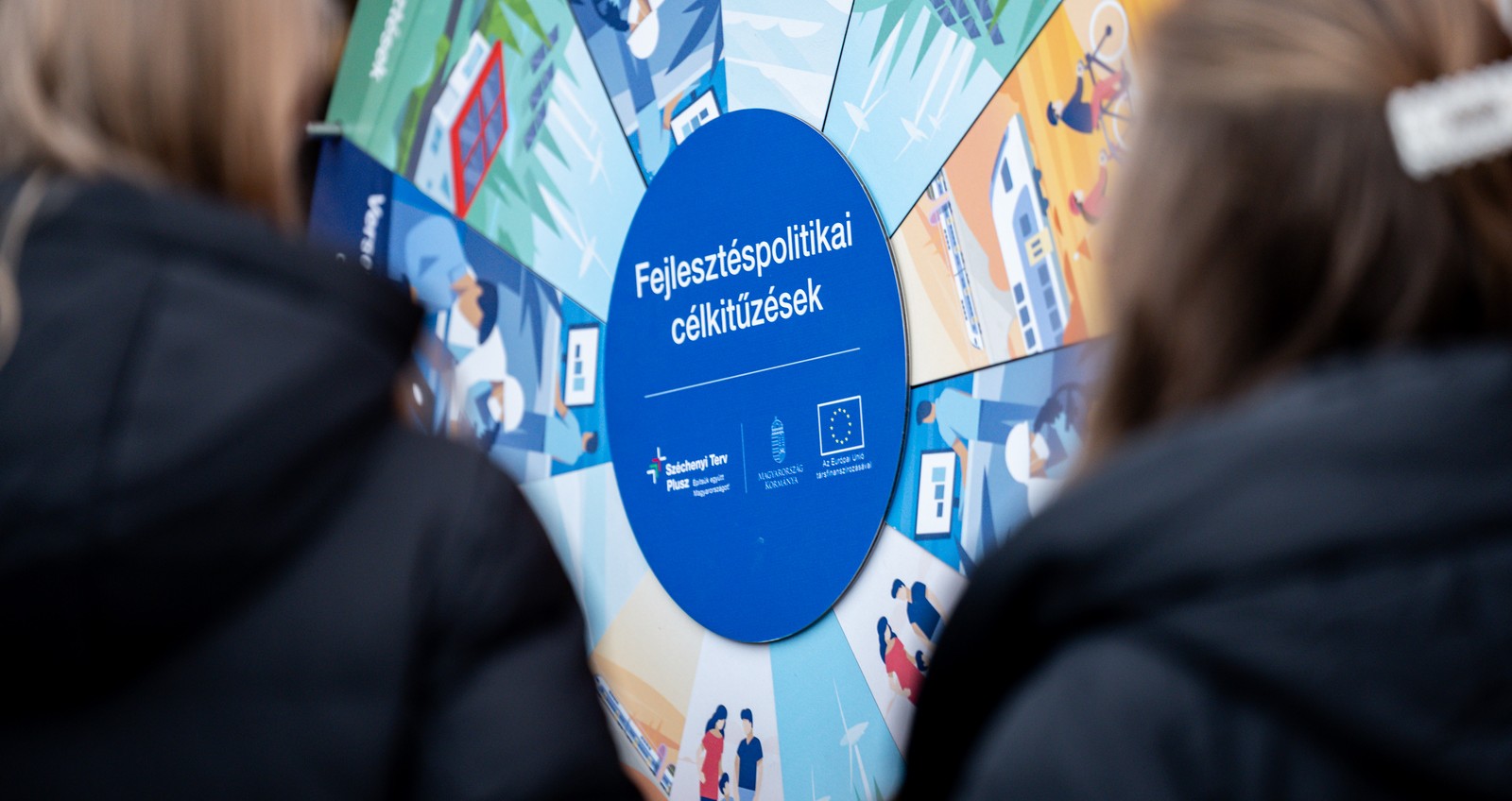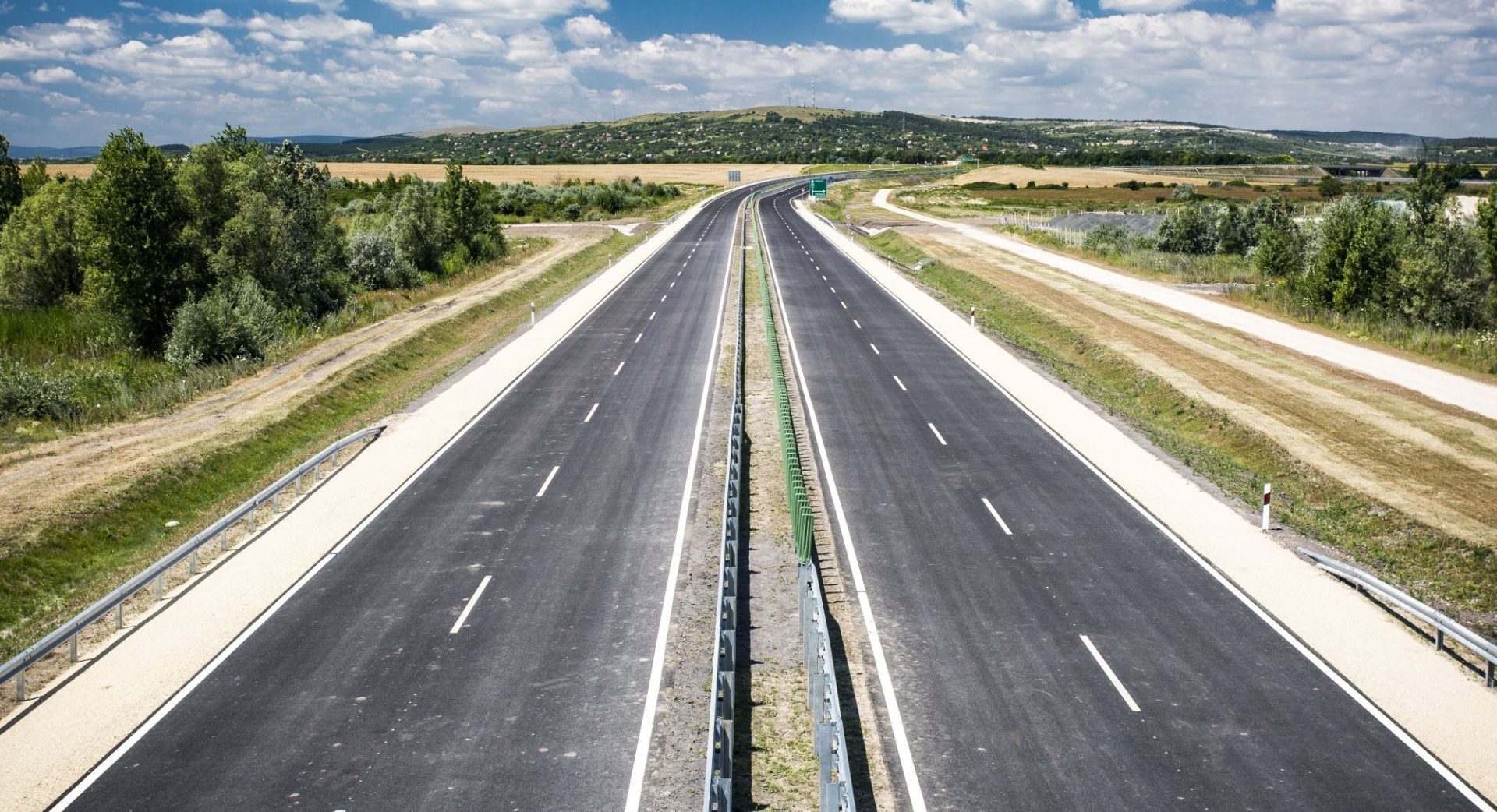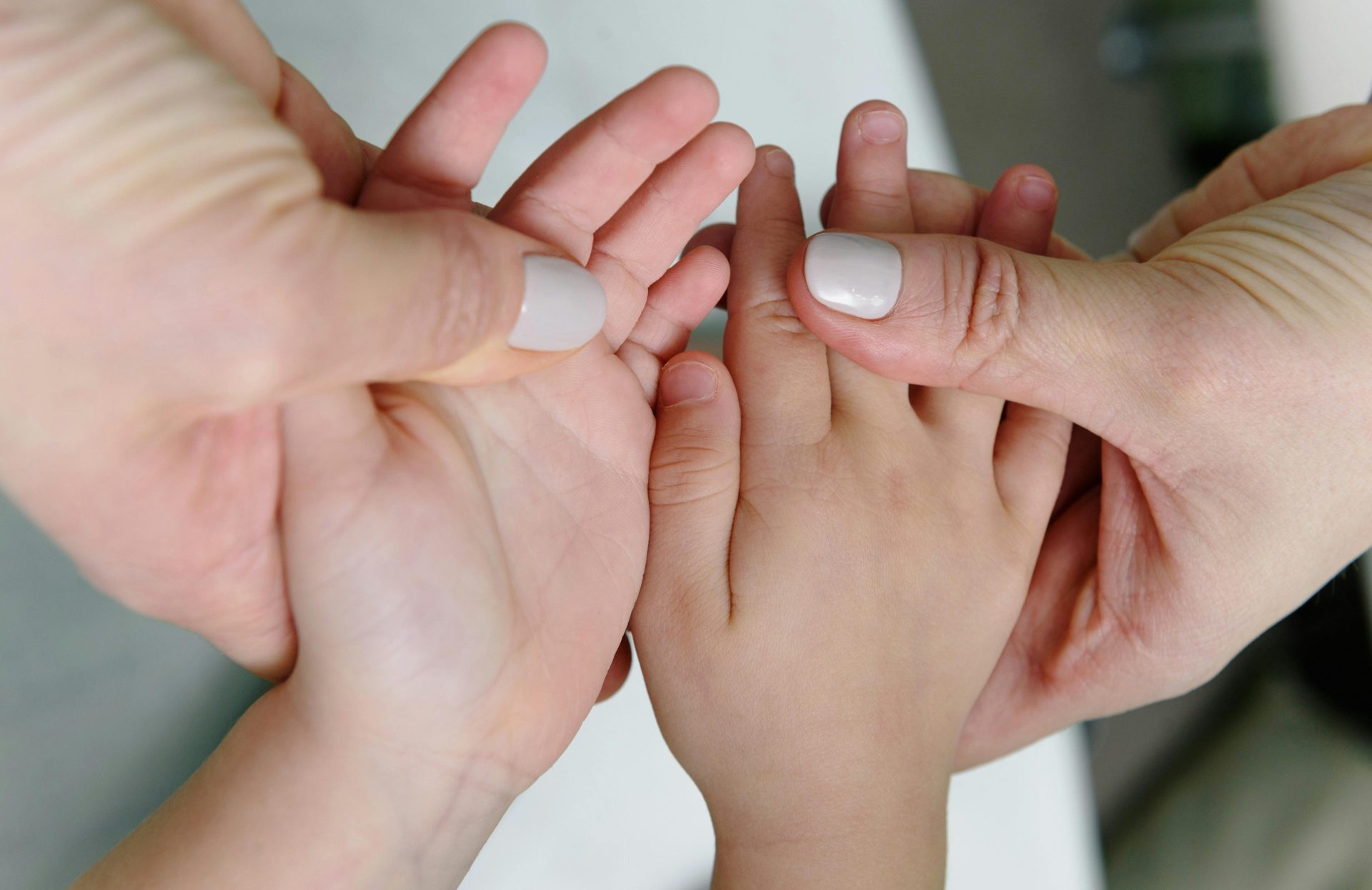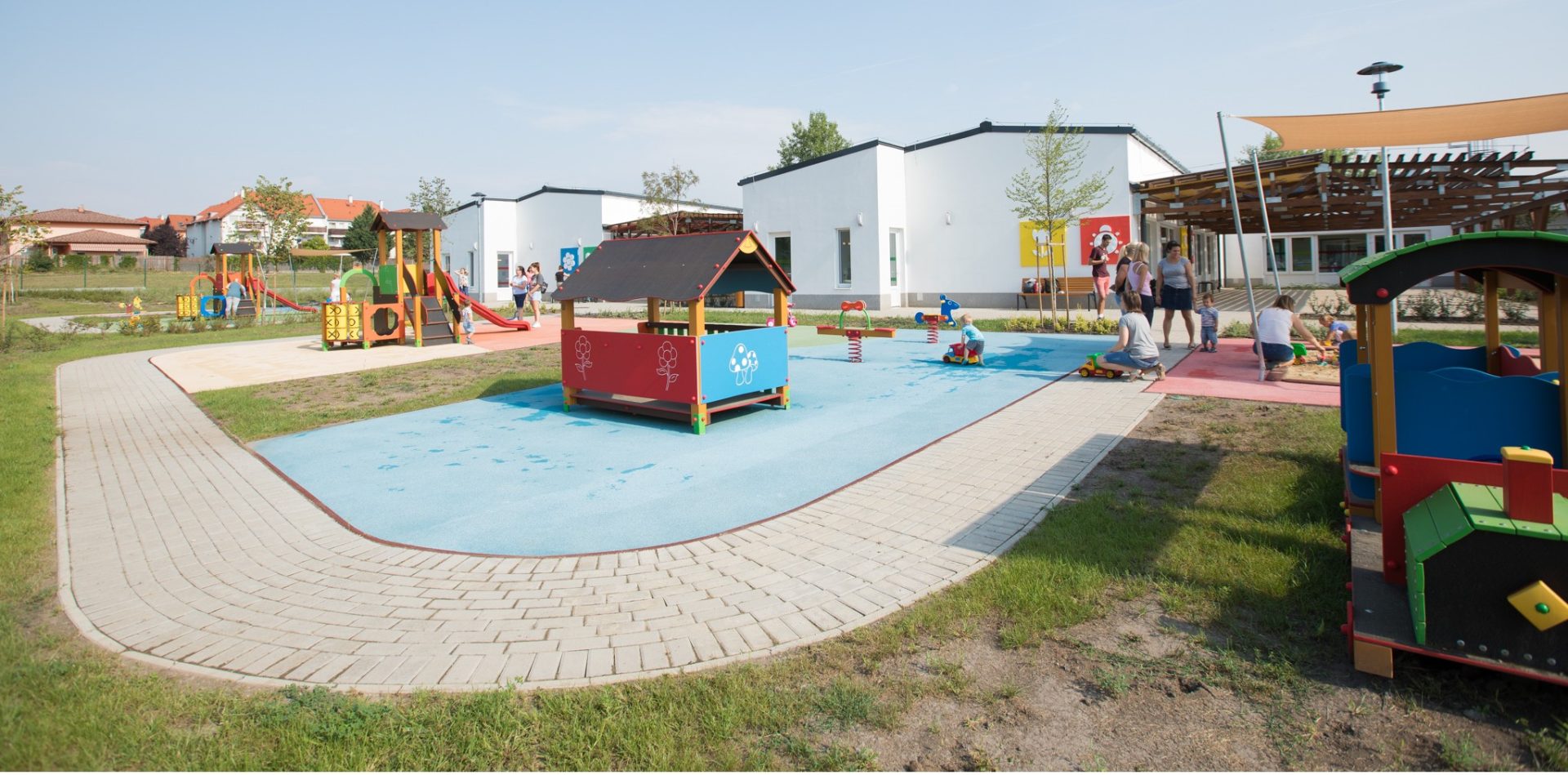As part of an EU-funded project implemented by the Konecsni György Cultural Center, Open-Air Museum, and City Library, children from Kiskunmajsa and the surrounding area participated in numerous exciting programs. Their knowledge and skills were enriched through thematic weeks, competitions, camps, weekly and monthly workshops, hands-on activities, club meetings, educational series, and talent development groups.
The initiative, titled “Together for Children’s Success in Kiskunmajsa and Its Region,” introduced new, extracurricular learning methods tailored to children who are disadvantaged, at-risk, or academically struggling. These activities provided meaningful engagement, a sense of community, and personalized learning experiences, helping to reduce socio-cultural disadvantages and develop key competencies that could enhance their future employment prospects.
The program involved seven public education institutions from three different settlements. Each participating institution had already collaborated with the Cultural Center prior to this project, meaning that existing professional relationships and past experiences provided a solid foundation for successful implementation and the development of future joint initiatives. In terms of participation: 471 children aged 7–18 took part, 259 preschoolers were also involved, 37% of the participants came from disadvantaged or severely disadvantaged backgrounds.
When designing the content and structure of the activities and evaluating the project’s outcomes, organizers took into account: The National Core Curriculum (NAT) and the educational programs of the participating institutions, Éva Berentés’s model of a mature personality, Key competencies and personality traits essential for future labor market success.
The theme week dedicated to János Arany’s legacy enriched students’ literary and cultural-historical knowledge while fostering cultural awareness, aesthetic expression, and creativity. Meanwhile, the “Healthy Body, Healthy Mind” theme week aimed to promote healthy lifestyles and eco-conscious behavior through engaging, hands-on activities. For talented students, a drama group provided opportunities to develop their artistic abilities and perform publicly. Music enthusiasts could join the “Singing Youth” talent program, as well as specialized zither and folk dance groups. Additionally, students could participate in folk song singing, poetry recitation, and storytelling competitions.
The radio and sound technology workshop offered media students practical experience in broadcasting, radio production, and event sound management. The local Sirius Radio collaborated in the project, ensuring that student-created reports were aired on the station.
A craft workshop focused on environmental protection and recycling, placing special emphasis on educating disadvantaged and disabled children about waste management and sustainability through playful and creative activities. Furthermore, an environmental studies club introduced upper-grade students to the natural treasures of the region, including the protected flora and fauna of the Sand Ridge, fostering eco-conscious attitudes and environmental responsibility.
Young participants had the opportunity to experience the everyday lives of their parents, grandparents, and great-grandparents at a traditional heritage camp, where they could also try their hand at various traditional crafts. Beyond the joy of creative activities and expanding their horizons, the camp introduced them to Hungarian and Roma customs, music, and dance traditions, reinforcing their connection to shared national values. A special focus was placed on learning the Szekler-Hungarian runic script, primarily from a historical and cultural perspective. Additionally, through the craftsmen showcase, participants could experiment with traditional craftsmanship techniques, contributing to the development of their manual and visual skills. Through thematic weeks, children had the chance to bring the traditions of their ancestors to life in a playful way, exploring the rich and diverse world of Hungarian folk games collected from ethnographic research.
One of the most unique programs was the “Visual Training Bar”, a personality development initiative based on playful learning, uninhibited creative expression, and free-form artistic activities. As a result of these creative exercises, young participants discovered and developed their creativity, design, and problem-solving skills.
Observations and feedback from both participants and instructors indicated that, beyond subject-specific knowledge and skills, the most significant improvements were seen in:creativity, self-confidence, social and communication skills, self-expression,problem-solving and conflict resolution, engagement and motivation, teamwork and interpersonal competencies.
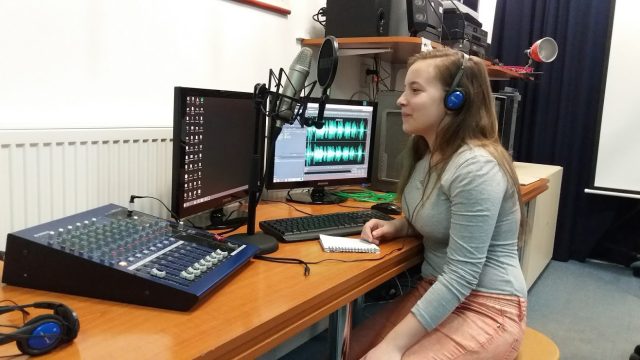
The development was implemented from EU funding in the project EFOP-3.3.2-16-2016-00185 under the Human Resource Development Operational Programme.
Find out more about the project in the Project Finder:Details
